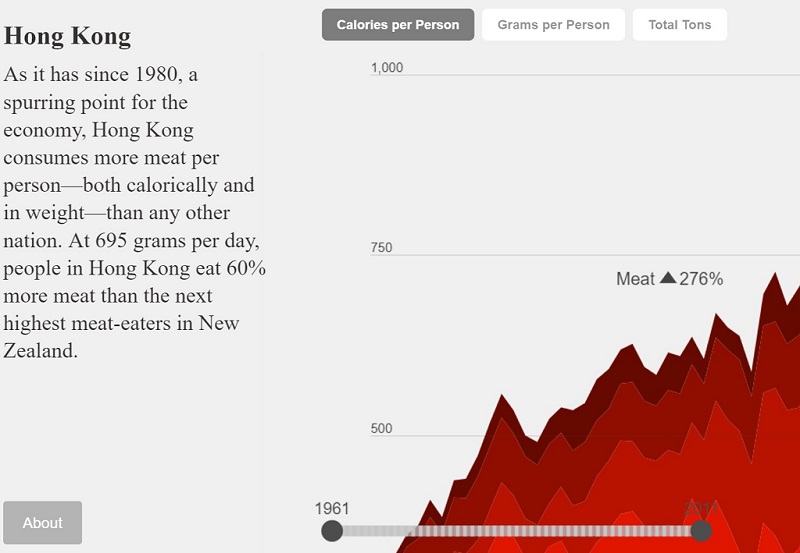Looking at the following two wikipedia pages one finds life expectancy and health span is better in high meat consumption countries. The correlation is imperfect, one can find cases such as the US where meat consumption is the highest and life expectancy is merely decent. But one finds many countries with very high meat consumption and excellent longevity such as Australia and the countries with the lowest meat consumption have terrible longevity. Undoubtedly this is confounded by factors such as wealth and health systems so one can not use this data to claim increasing meat consumption increases longevity. But this data strongly supports a claim that high meat consumption is compatible with longevity.
https://en.wikipedia.org/wiki/List_of_countries_by_meat_consumption_per_capita
https://en.wikipedia.org/wiki/List_of_countries_by_life_expectancy



